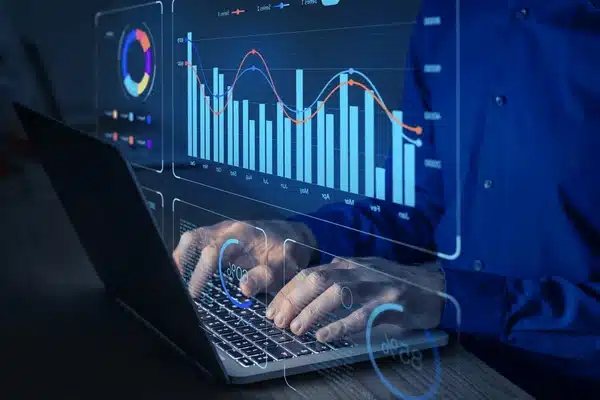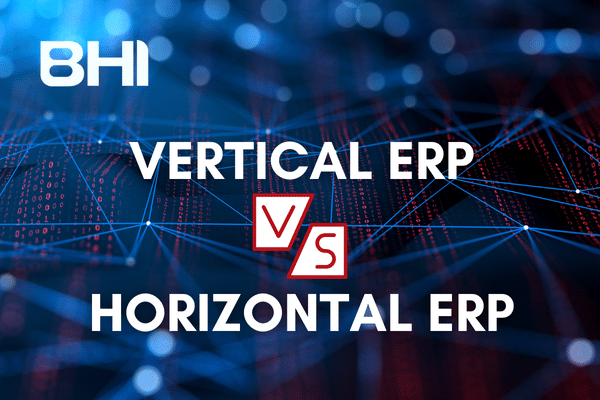In a world of fast-moving technology, system monitoring and performance are essential to keep businesses running smoothly.
What is System Monitoring and Performance ?
Monitoring and system performance are crucial aspects of enterprise IT environments. They ensure operational efficiency by monitoring and optimizing the performance of integrated applications and interconnected business processes.
Are there other types of monitoring?
1. Performance monitoring
Performance monitoring aims to evaluate and optimize response times and transaction efficiency. This includes monitoring system resources such as CPU, memory and disk I/O to identify gaps and optimize processes.
2. Application monitoring
This type of monitoring focuses on specific applications and their components. This can include tracking the performance of individual modules, user interfaces and integrations with other systems.
3. Security monitoring
Security monitoring is crucial to protecting sensitive data and preventing breaches. This includes monitoring for unauthorized access, detecting suspicious activity and managing vulnerabilities in the system.
Why is the role of system administrator essential ?
The system administrator plays a crucial role in setting up and maintaining IT infrastructure monitoring. He or she configures the monitoring tools, defines the metrics to be monitored and interprets the data collected to identify potential problems. By understanding how resources are used and anticipating potential bottlenecks, the system administrator can take proactive measures to optimize system performance and ensure a smooth user experience.
Key elements to monitor
-
Define appropriate thresholds and alerts
It is crucial to define relevant thresholds and alerts for the various metrics monitored. These thresholds must be based on a thorough understanding of business requirements and expected system performance. Appropriately configured alerts enable early detection of potential problems.
-
Monitoring difficulties
Problems can occur at different levels of the system, such as network, server, database or application. It’s important to keep a close eye on critical resources to identify areas for optimization.
-
Managing workloads
Workloads can vary considerably depending on business operations. Monitoring must take these fluctuations into account, allowing resources to be adjusted accordingly to maintain optimum performance.
-
Track configuration changes
Configuration changes, whether software updates, parameter modifications or application deployments, can have a significant impact on performance. It is essential to carefully monitor the effects of these changes, and be ready to adjust monitoring parameters if necessary.
-
Collaborate with business teams
Close collaboration with business teams is crucial to understanding their needs and priorities. End-user feedback can provide valuable information on actual performance problems encountered.
Key benefits of performance monitoring
-
Early identification of problems
Monitoring enables early detection of potential performance problems, bottlenecks and anomalies before they become critical, thus avoiding costly downtime.
-
Resource optimization
By monitoring the use of system resources, administrators can allocate them more efficiently, reducing waste and operational costs.
-
Informed decision-making
Performance data provides valuable information that enables companies to make better strategic decisions regarding the evolution of their systems and business processes.
-
Capacity planning
By analyzing performance trends, companies can anticipate future capacity requirements and proactively scale their infrastructures.
-
Regulatory compliance
Performance monitoring can help companies comply with security, data protection and other industry regulations.
Conclusion
Performance monitoring and optimization are essential to ensure the operational efficiency of enterprise systems. By implementing the right practices, tools and processes, organizations can maximize productivity, reduce downtime and deliver an optimal user experience. At BHI Consulting, we support our customers in implementing monitoring and optimization strategies tailored to their environments.

















